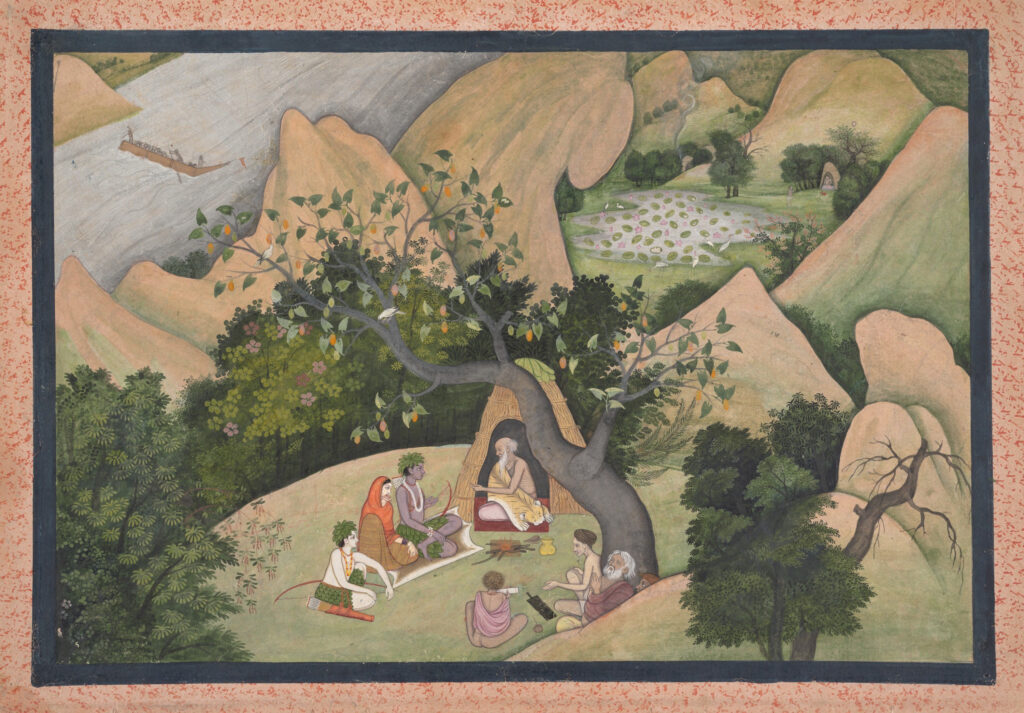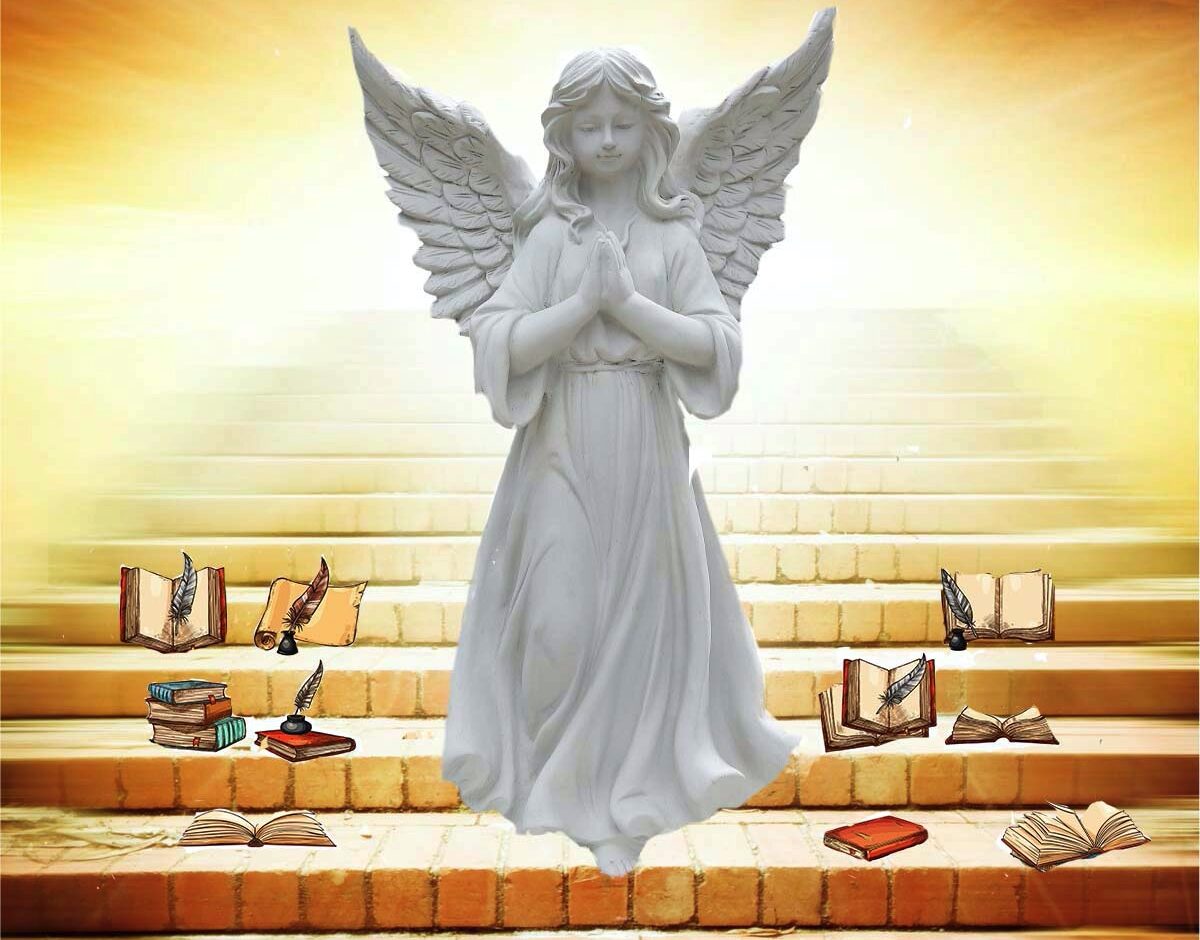The World’s Parliament of Religions convened for the first time in Chicago in September of 1893. It was an auspicious event that had been in the planning for 2 years and drawn the attention of many of the world’s great religions. Over the course of seventeen days, representatives of these religions, some having traveled for days and weeks to attend, gathered to share their religious beliefs and the common ground they shared, the overarching goal being to promote understanding of and respect for the different religions. The thousands that gathered on the horizon of what has become a worldwide interfaith movement came together in the spirit of generosity and respect towards one another, and the belief that in working together a more peaceful world might be achieved.
The belief that God not only dwells in all of the world’s religions but has authored them is generally not accepted in mainstream religious thought. We are comfortable that the words “I love you” can be spoken in the hundreds of languages in existence and carry only one meaning, the meaning of love for the person to which it is spoken. The message is the same though the words sound different. However, the concept that God could speak to us, be in a faith relationship with us, in the language and culture that we are born into or are most comfortable with, albeit different from ours in its expression and context, is another matter entirely for many.
The concept of the unifying Presence of God in all religions is reflected in the philosophy of Vedanta, born of principles discerned thousands of years ago during the Vedic Age by the Rishis of ancient India, the Truth-Seers. The subject of truth has been the philosophical magnet of humanity for thousands of years. These eternally-existing principles were not associated with any one religion; religion as we know it today had yet to take root in human culture. Looking back through the lens of this very distant past, we would justifiably consider their rituals of worship and discernment to be primitive in our modern-day world. Yet a prevailing wisdom of God as the Eternal Presence in all of creation, seen and unseen, unfolded during the Vedic era; wisdom does not always manifest itself in the manner which we expect it. The Scriptures that have been passed down through the ages in the philosophy of Vedanta are extensive, profound and revered by millions worldwide.

Image by Everett Collection via Shutterstock
Our belief systems have modernized and expanded over time with the diversity of human culture and the intense longing of the human soul to know God and find peace in that knowledge. Schools of religious thought have proliferated around massive waves of transformation that have occurred through Divine Incarnations. Throughout all of this change, the message has remained the same in all of religion: God is with us. God loves us. It is God’s Nature to love and as many proclaim: God IS love. God cares for us in ways that we don’t even recognize, and if we do, don’t always appreciate for lack of understanding and awareness. I believe it is His Will for us to know Him and consider it a boon beyond measure to come into a faith relationship with Him through the faith we have either been born into, or have chosen to embrace through what I like to think of as Divine intervention.
The World’s Parliament of Religions of 1893 met with great success. Swami Vivekananda, the brilliant and prolific author and foremost disciple of Sri Ramakrishna came to America from India to speak at the Parliament. His opening statement is renowned for bringing thousands of attendees to their feet in thunderous applause when he addressed his audience as “Sisters and Brothers of America”. His call for religious tolerance and unity resonated in the hearts of many and has played a significant role in promoting respect for and understanding of people of all faiths and traditions that continues today. Following is a link to Swami Vivekananda’s opening speech at the Parliament, as well as his closing remarks on the final day of the Parliament.
https://ramakrishna.org/vivekanandaparliament.html
For more information on the World’s Parliament of Religions visit
https://parliamentofreligions.org
The following are sources of information for the post and may be of interest to the reader:
https://www.artic.edu/swami-vivekananda-and-his-1893-speech
https://parliamentofreligions.org/parliament/1893-chicago
Swami Paramananda. Principles and Purpose of Vedanta. Vedanta Centre Publishers, 1937.
The Upanishads. Translation and Commentary by Swami Paramananda. Vedanta Centre, 1981

